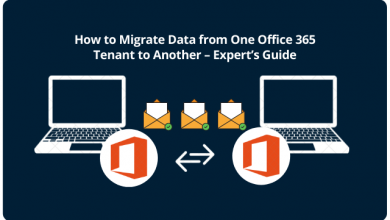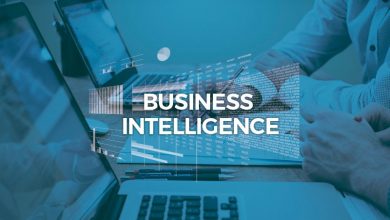What are the Roles and Responsibilities Of an Accountant

The Responsibilities of an accountant
Anyone who doesn’t know much about role of accountants will think their job only involves calculating and keeping a record of people and their businesses. Without a doubt, financial data is mainly what their job entails; however, it is only part of it.
The work of an accountant involves more than you think. This brings to mind the question, what are the accountants’ responsibilities in the UK and across the world? At the end of this article, one can properly understand the roles and responsibilities of accountants in London and worldwide.
Who is an accountant?
In simple terms, accountants are professionals that are responsible for the keeping and interpretation of financial records. In most organisations and institutions, whether privately owned, publicly owned or government-owned, accountants are responsible for a number of tasks that are finance-related.
Many terms are sometimes associated with accountants, which has caused some confusion. For example, a bookkeeper is often used to describe an accountant; however, these are two different terms and job descriptions. A bookkeeper must have earned at least an associate degree and also focus on the recording of financial transactions, whereas an accountant must have a bachelor’s degree in accounting, and they do more than just recording financial transactions; they also interpret it.
Furthermore, a Certified Public Accountant (CPA) has passed the CPA exam and has met the requirements for a license. This means that not all accountants are CPAs yet, but all CPAs are accountants.
Roles and responsibilities of an accountant
The roles and responsibilities of accountants can vary from organisation to organisation and from level to level; however, some common tasks are required of an accountant. They include
- Preparing and maintaining important financial reports
- Conducting forecasting and risk analysis assessments
- Ensuring the accuracy of financial records and their compliance with relevant laws and regulations
- Offering guidance on the reduction of cost, enhancement of revenue and maximisation of profit
- Ensuring that tax is paid on time and preparing tax returns
- Evaluating financial records to identify issues, recommend the most appropriate practices and strategise solutions so the organisation can run smoothly
Important skills of an accountant
There are several skills required of an accountant for the flawless delivery of their duties. Some of these skills include
- Computer literacy: there is advanced accounting software available for accounting professionals. To work effectively with this software, an accountant must be well versed and skilled in computer use.
- Analytical skills: an accountant should be able to collect and analyse financial data and identify patterns and potential issues.
- Business acumen: solid root knowledge in starting a business will help an accountant analyse and interpret financial data accurately. A good foundation in business knowledge will help an accountant by providing context to the information they work with daily.
Other important skills include
- Mathematical skills
- Communication skills and
- Attention to detail
Top accounting trends
Below are three top trends that influence the accounting field.
Transparency and data security
There is an increasingly high standard surrounding transparency regarding accounting, and there is also a greater focus on data security. This is a result of accounting scandals and increased scrutiny. Additionally, since accountants are responsible for sensitive data in any organisation, it is important they pay attention to security practices to ensure the safety of the organisation information.
Data analysis
In recent times, CPAs and accountants are performing tasks that require great analytical skills. Developing a great analytical mindset and ability will help these modern accountants keep up with the trend.
Accounting automation
Accounting software is gradually becoming more influential in the accounting sector. This means that accountants will be spending less time on manual tasks and more time on meaningful analysis.
Having known that accounting involves more than just computing numbers, you can get started by pursuing the best education possible if you are ready to become an accountant. Furthermore, experts like National accountants London are here to provide you with all the information you need.




